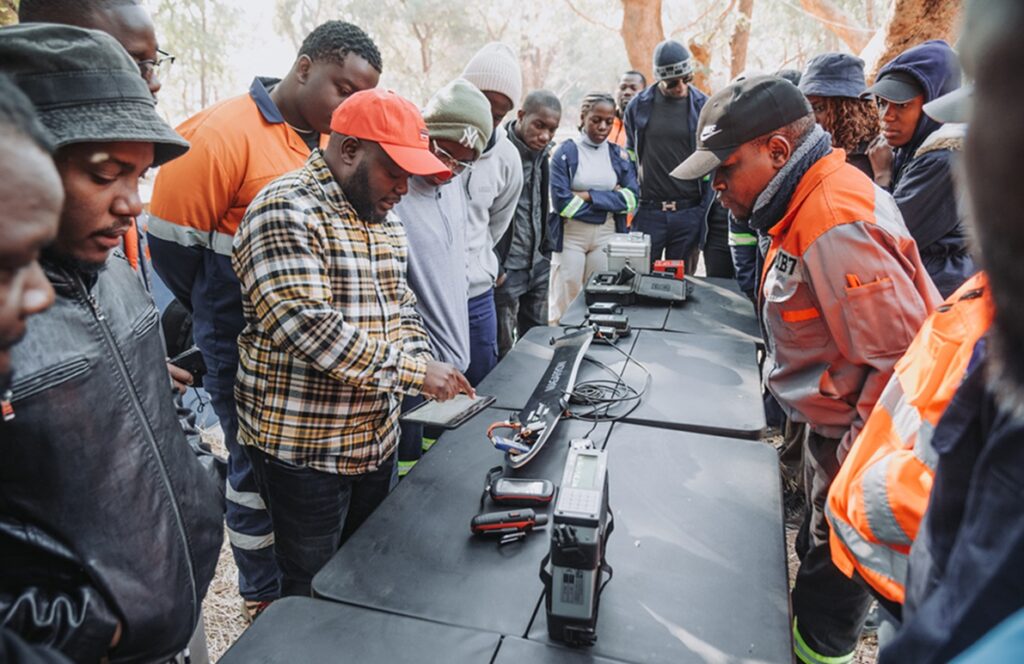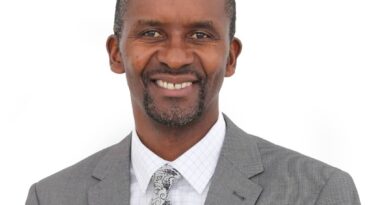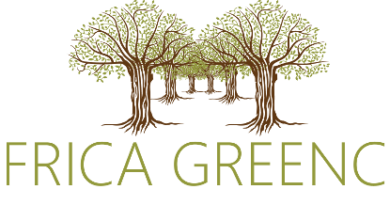FQM Launches Applied Fieldwork Course for Zambian Students in Partnership with UNZA and CBU
First Quantum Minerals (FQM) has collaborated with the University of Zambia (UNZA) and Copperbelt University (CBU) to introduce a comprehensive residential applied fieldwork course, the initiative designed to equip students with hands-on insights into the mineral exploration industry.
The seven-day course, conducted in an exploration field camp setting, features modules that cover the entire exploration lifecycle, from target generation to drill testing and related activities. The inaugural course saw participation from 15 fourth and fifth-year UNZA students, facilitated through the UNZA Society of Economic Geologist’s student chapter. Plans are underway to extend this program to CBU students next year.
“This programme offers a unique opportunity for Zambian students to gain a holistic understanding of the mineral exploration industry, with a strong focus on the practical application within the Zambian context,” stated Jon Stacey, FQM’s Regional Exploration Manager.
The course is meticulously structured into six modules: Getting into the Field (Camps, Project Generation, and Tenure), Mapping, Rock and Chip Sampling, Soil Sampling and Soil Geochemistry, Geophysics and GIS, Data Interpretation and Targeting, as well as Drilling and ESG. This comprehensive approach ensures that students are well-versed in every stage of an exploration project and the tools used in the industry.
“Students will gain exposure to the various stages of an exploration project, the exploration toolkit, and the diverse career paths available within the industry,” Stacey continued. The training program blends theoretical learning with practical application, with mornings dedicated to presentations and desktop work, and afternoons reserved for hands-on lessons led by experienced FQM exploration team members.
Evening campfire gatherings provide students with opportunities to hear stories and receive career advice from practicing geotechnicians and geoscientists. This unique setting fosters a deeper understanding of the industry and allows students to network with professionals.
“This initiative is mutually beneficial,” Stacey added. “It allows FQM to identify potential future talent early, strengthen connections with academic institutions, and contribute meaningfully to the future of Zambian mineral exploration.”
Students who complete the course will gain a comprehensive perspective on the mineral exploration industry, particularly within the Zambian context. The curriculum not only covers various stages of exploration projects but also highlights career opportunities, helping students to direct their future studies and establish valuable industry contacts.



